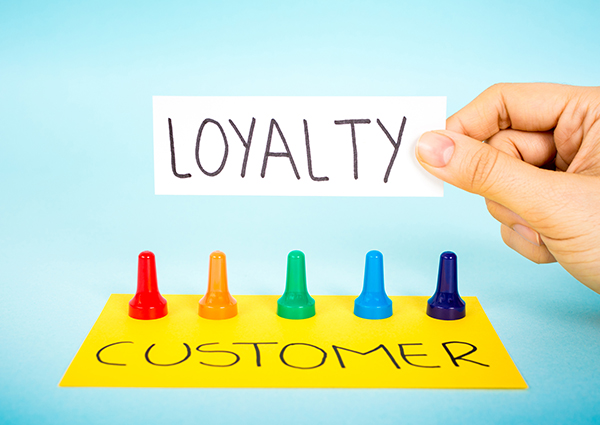Importance of Branding in E-commerce
Developing a strong brand name and image has always been important for any business. Nowadays, this online business of procuring products and services over the Internet has evolved to become an essential aspect of our everyday lives.
The main benefit of e-commerce is that it connects consumers and providers from all over the world. when the Internet came along, established high street stores were able to make a smooth transition to online powerhouses without abandoning brick and mortar shops. Having established trust offline, they simply needed to mirror brand values online.
For newer e-commerce stores that operate exclusively on the Internet, this form of longstanding trust is something of an impossible dream. They have to build their brand from the ground up. This is achieved through canny marketing, consistent customer service, clear unique selling points and, just as importantly, competitive pricing.
1. Establishing Brand Loyalty Among Consumers

Visibility isn’t always enough; you also have to develop familiarity. Whilst e-commerce stores can enjoy decent sales figures from one-off, impulse buys, it’s returning customers that provide long-term solidity.
After all, if you have a positive experience at a store (including good service, low pricing and ease of purchase) it’s likely that you’ll return. However, more than this, you may also tell friends and even follow their social profiles and interact with the brand on a regular basis.
2. Helps differentiate your Business

As mentioned, the e-commerce market is saturated with various businesses and their promotions. Even the consumers have difficulties finding the right e-commerce business that will suit their needs. In addition, e-commerce giants, such as Amazon, are dominating the market, making it almost next to impossible for smaller businesses to be heard at all.
That’s why small businesses and e-commerce startups have difficulties attracting the right customers and establishing a regular cash flow. However, the businesses who persist eventually find a gap in the crowd to make themselves widely known to consumers.
3. Helps build loyalty among Customers

Brands normally favour better relationships with their customers than any other business. The main reason is that customers often identify with their favourite brand on a more personal level. Brands are therefore designed to inspire loyalty and help customers connect with them emotionally.
Each brand has its own unique way of communicating with its audience and establishing long-lasting and more personal relationships with them. The audience often identifies with the brand’s identity and the brand’s persona, which are uniquely crafted to suit the customers’ preferences.
4. Helps improve Customer service and support

Brands have open two-way communications with their customers at all times. That communication is crucial for maintaining good relationships and for monitoring customer behaviour. It’s also crucial for tracking how customers react to innovations or new features. But most importantly, this communication is essential for improving customer service and customer support. Brands need a proven way to retain their customers.
A weak presence and no discernible unique selling points will do nothing to assist your online ambitions. If you don’t have the support of an offline presence, then the onus is on your e-commerce site to deliver. Casual keyword-led search traffic will only get you so far, particularly as we move towards semantic search.
So whilst you might wonder what’s in a name? The simple answer is that a name is at the core of the brand, and it’s this, along with service and other attributes, that consumers really remember and relate to.
Even if somebody stumbles across your site or is recommended by a friend, it is the strength of your name and their experience that will encourage them to return. Failure to effectively resonate with your target audience could well lead to failure for your e-commerce business. So the message, in short, is to get seen and be memorable.


